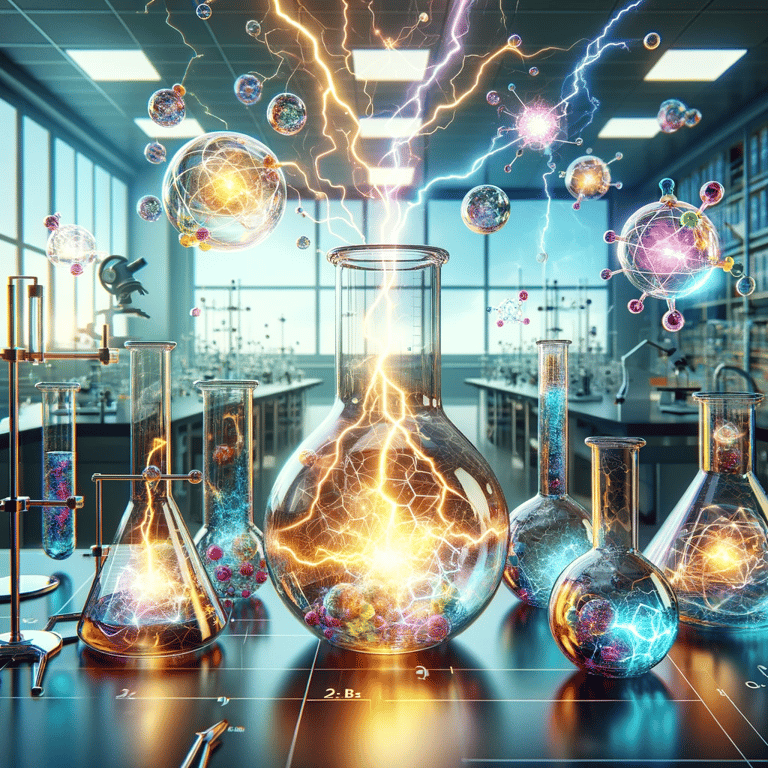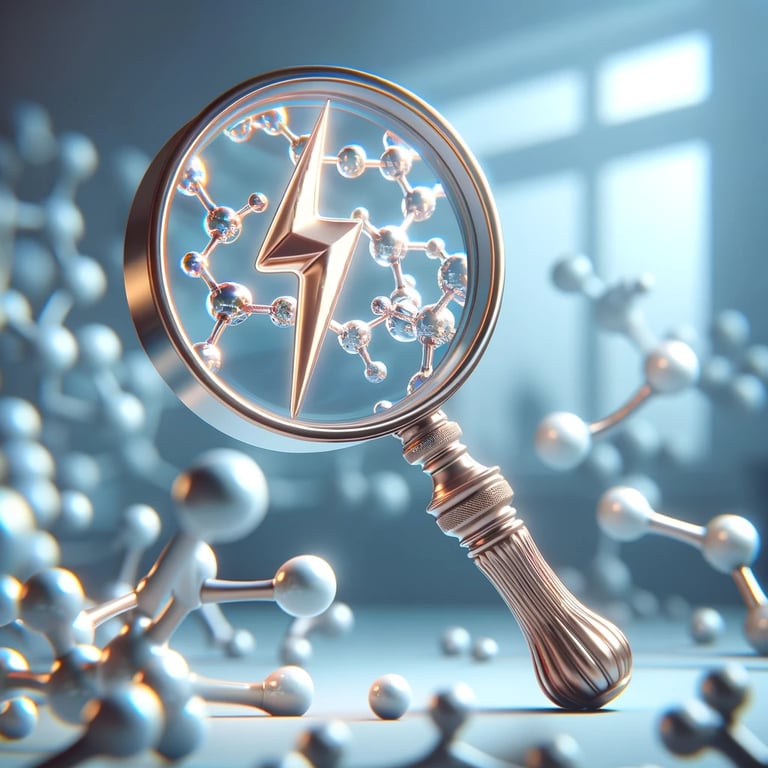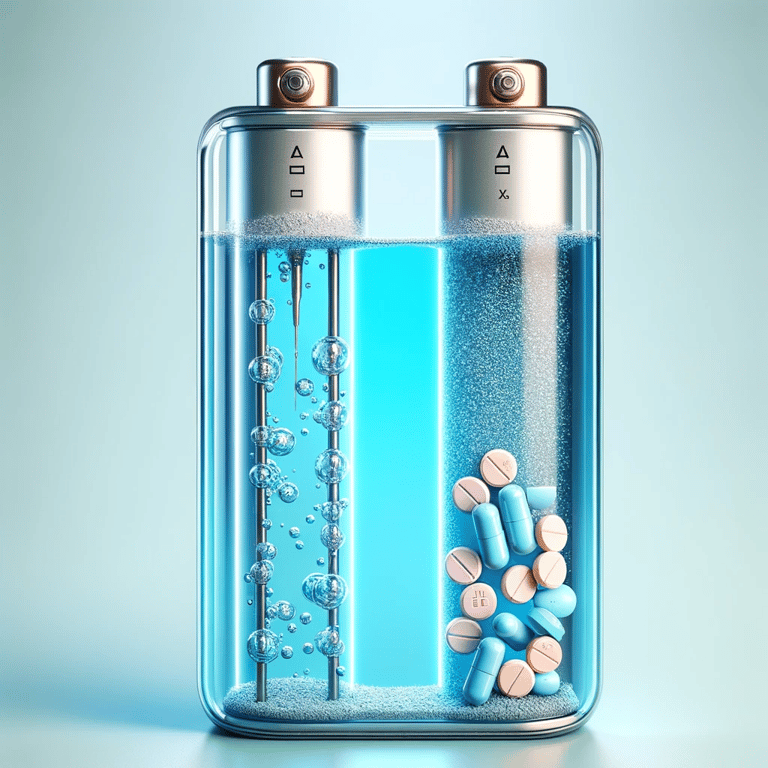Our projects
Synthetic Electrochemistry
Our group is at the forefront of using organic electrosynthesis to generate highly reactive intermediates that are difficult or unsafe to produce under classical conditions. Our research is dedicated to developing cutting-edge methods that use electrochemistry to initiate and drive complex organic reactions, providing a safer, more controlled environment for handling reactive species. By using electricity - a clean and readily available reagent - our techniques significantly reduce reliance on hazardous chemical reagents and minimise waste, embodying a greener approach to chemical synthesis. This innovative strategy not only makes the synthesis of complex molecules more accessible and environmentally friendly, but also opens up new avenues for research and industrial applications, firmly establishing our methods as a greener and safer alternative in the field of organic chemistry.


Mechanisms elucidation using eChem
Our group is taking advantage of electroanalytical methods to elucidate complex redox mechanisms in areas such as biology and catalysis. By harnessing the precision and sensitivity of analytical electrochemistry, we are able to probe and understand the intricate electron transfer processes that are fundamental to these systems. Our innovative approach allows the detailed study of reactions at the molecular level, providing unprecedented insight into the underlying mechanisms of biological redox systems and catalytic cycles. This not only deepens our understanding of these complex processes, but also helps to design more efficient and effective redox systems. Our research paves the way for new discoveries and applications, highlighting the power of electrochemical analysis to unlock the secrets of complex redox reactions.


Green Hydrogen and Flow Batteries
The DualFlow project is a ground-breaking venture in the field of energy conversion and storage, co-funded by the European Union and involving a diverse consortium of eight members from four different countries, spanning both academia and industry. This innovative initiative, which will unfold over four years, aims to develop a radically new hybrid technology that synergistically combines the principles of water electrolysis, battery storage and the co-production of decarbonised chemicals. At the heart of DualFlow is the use of water-soluble redox mediators as energy transfer vectors, a novel approach that promises to increase efficiency and versatility. By integrating these processes into a single, cohesive system, DualFlow will redefine the boundaries of sustainable energy, offering a more efficient way to store energy and produce valuable chemicals while significantly reducing carbon emissions. This project is not just a step, but a leap forward in our quest for greener, more sustainable energy solutions.


